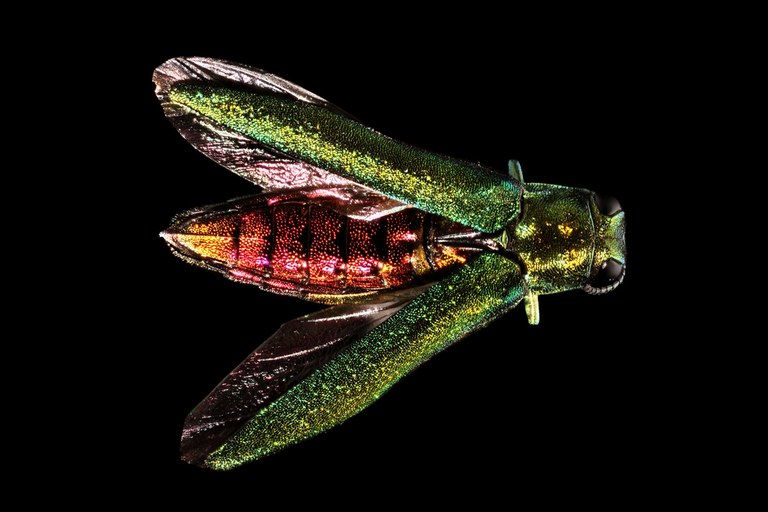At New Day Pest in Vancouver, Washington, we’ve encountered a wide range of pest control challenges. One particularly contentious issue in the world of pest management is the ethical dilemma posed by the extermination of invasive species. While invasive species can wreak havoc on ecosystems and native species, their extermination raises complex questions about ethics and conservation. In this blog, we’ll explore the ethical considerations surrounding the eradication of invasive species.

Understanding Invasive Species
Invasive species are non-native organisms that, when introduced to a new environment, can cause significant harm to native ecosystems, wildlife, and even human interests. These species often outcompete native flora and fauna, disrupt ecological balances, and threaten biodiversity.
Invasive species come in various forms, from plants and insects to animals and pathogens. They can be introduced accidentally through trade and travel or intentionally for various reasons, including agriculture and horticulture.
The Ethical Dilemma
The ethical debate surrounding invasive species management centers on several key considerations:
1. Ecological Impact
Invasive species can outcompete native species for resources like food, habitat, and breeding sites, leading to population declines or extinctions of native species. This disruption of natural ecosystems raises ethical concerns about our responsibility to protect and conserve biodiversity.
2. Human Interests
Invasive species can also harm human interests, such as agriculture, forestry, and public health. Controlling these species may be seen as necessary to safeguard livelihoods and well-being.
3. Methods of Control
The methods used to control invasive species can be a source of ethical controversy. Some methods, such as chemical pesticides and traps, can raise concerns about cruelty, non-target effects, and environmental harm.
The Case for Eradication
Proponents of invasive species eradication argue that it is necessary to protect ecosystems and biodiversity. They contend that preventing further harm to native species and ecosystems justifies the ethical stance of eradicating invasive species, particularly when human activities are responsible for their introduction.
The Case Against Eradication
Critics argue against invasive species eradication, citing ethical concerns such as:
1. Animal Welfare
Eradication methods can cause suffering to individual animals. Critics question whether we have the right to harm or kill animals, even if they are invasive and harmful.
2. Ecological Uncertainty
Eradication efforts can have unintended consequences, including disruptions to food chains and ecological imbalances. Critics argue that our limited understanding of ecosystems makes it difficult to predict the outcomes of eradication efforts.
3. Resource Allocation
Some believe that resources used for invasive species eradication could be better spent on other conservation efforts, such as habitat restoration and protecting native species.
Finding Ethical Balance
Balancing the need to protect ecosystems and native species with ethical concerns about animal welfare and ecological uncertainty is a challenging task. Here are some principles to consider:
1. Prioritize Prevention
Preventing the introduction of invasive species should be a primary focus. Stronger regulations, inspections, and public education can help reduce the need for eradication.
2. Use Humane Methods
When eradication is deemed necessary, efforts should prioritize humane methods that minimize suffering and non-target effects.
3. Rigorous Evaluation
Eradication efforts should be based on rigorous scientific evaluation, taking into account the potential ecological consequences.
4. Ethical Consideration
Invasive species management should involve open and transparent discussions that consider ethical concerns alongside ecological and economic considerations.
We Try to Do the Right Thing
The ethics of exterminating invasive species is a complex and multifaceted issue. While the protection of native ecosystems and species is a valid and essential goal, we must also consider the ethical implications of our actions.
At New Day Pest in Vancouver, Washington, we approach invasive species management with a commitment to ethical pest control practices. Our team works diligently to strike a balance between the need to protect local ecosystems and the ethical treatment of all species, invasive or otherwise.
If you have questions or concerns about invasive species on your property, we’re here to provide guidance and solutions that align with your values and goals. Together, we can address pest control challenges ethically and responsibly, ensuring a healthier and more balanced environment for all.
Contact New Day Pest today to learn more about our ethical pest control services and how we can assist you in managing invasive species while upholding the highest ethical standards.